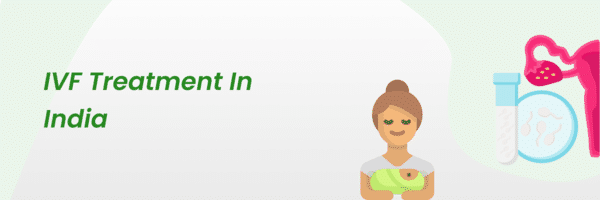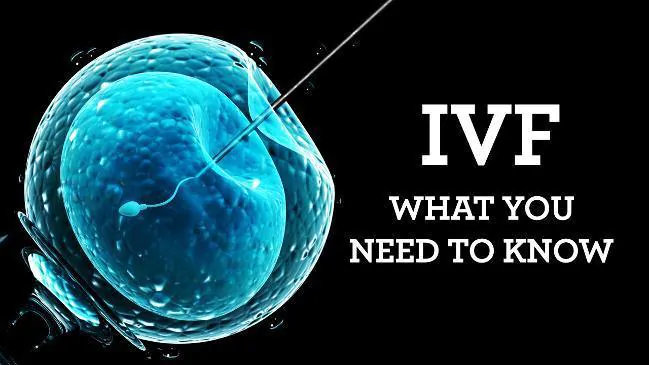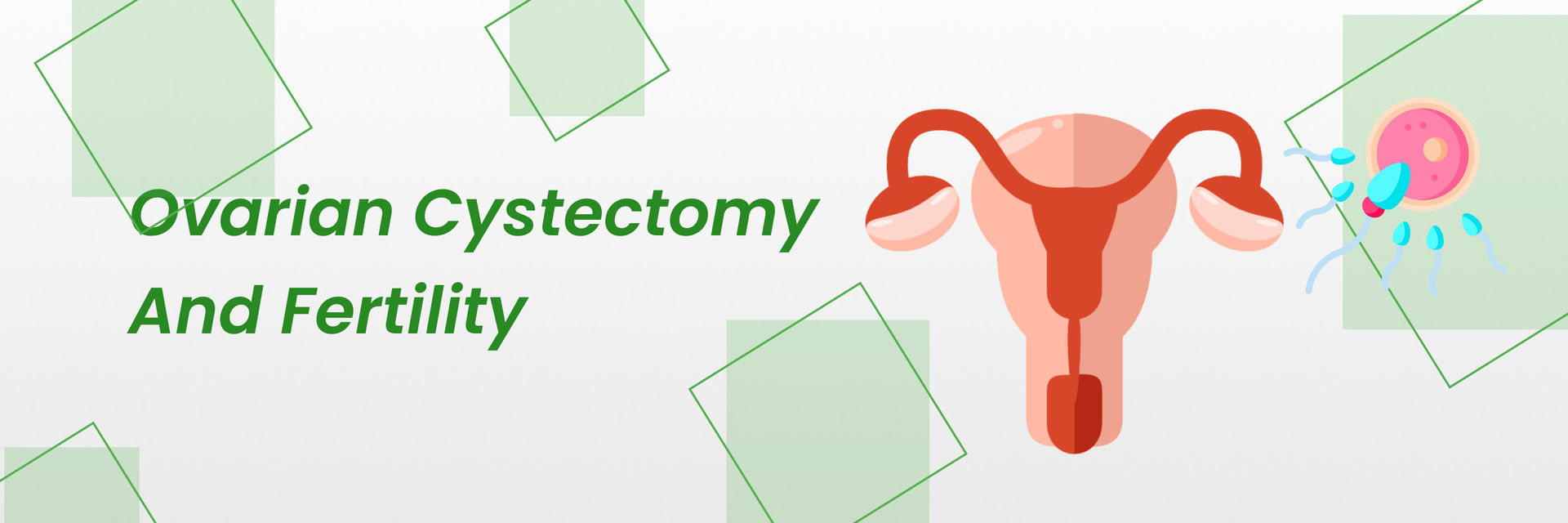Intrauterine insemination (IUI) is a commonly pursued fertility treatment aimed at enhancing the chances of conception. This treatment involves directly placing sperm into a woman's uterus to facilitate fertilization. However, not all IUI attempts succeed. Having three failed IUIs can be especially disheartening for couples trying to conceive. This guide looks at the reasons for repeated IUI failures. It covers the impacts of these outcomes and the next steps to achieve the dream of parenthood.
But first, what exactly is IUI and how does it work? Let’s dive in.
Understanding IUI and How It Works
IUI is a fertility treatment. It puts washed, concentrated sperm into the uterus around ovulation. This timing increases the chances of sperm meeting the egg. It enhances the chance of fertilization. Doctors often give fertility drugs with the procedure. This increases the number of available eggs.
Ready to take the next step in your fertility journey? Schedule a consultation with India's some of the best fertility specialists today and learn your options beyond IUI.
Is It Normal for IUI to Fail?
Yes, it is relatively common for IUI attempts to fail, especially if underlying fertility issues are not adequately addressed. Factors such as the woman's age, sperm quality, and timing of the insemination can significantly impact success rates.
Feeling uncertain? Discover why IUI might not always lead to pregnancy right here. Knowing the signs of a failed IUI can give you crucial insights into your fertility journey.
What Are the Signs That IUI Has Failed?
- Menstruation Begins: The most prominent sign of a failed IUI is the start of your period. If implantation had occurred, menstruation would generally be delayed or absent.
- Negative Pregnancy Test: If pregnancy tests taken after the date suggested by your doctor are negative, it is likely that the IUI did not result in pregnancy.
- No Pregnancy Symptoms: While the absence of pregnancy symptoms alone isn’t a definitive sign of failure (as not everyone experiences notable early pregnancy symptoms), their absence can contribute to other indicators.
- Spotting or Bleeding: Some spotting can be normal after IUI due to the procedure itself, but significant bleeding may indicate that menstruation is starting, which suggests that the treatment wasn’t successful.
Factors Influencing IUI Outcomes
- Age: Women’s age is a significant factor. At younger ages, they generally have higher success rates.
- BMI: A higher Body Mass Index (BMI) in women is associated with lower pregnancy outcomes.
- Number of Cycles: The number of IUI cycles also plays a role, especially in older women, where the pregnancy rate increases with subsequent cycles
- Unexplained infertility: Unexplained infertility is a case of normal test results but hidden, unknown issues that are not yet identified,
- Timing: Precise timing of the IUI procedure with ovulation is crucial for fertilization. Minor variations in timing can impact success.
- Sperm quality: Even with sperm washing, sperm motility or morphology might not be optimal for successful fertilization.
- Egg quality: While tests might not reveal major issues, slight variations in egg quality could affect fertilization or implantation.
Three failed IUIs can be tough. Find out what your next steps might be below.
What to Expect After Multiple Failed IUI
- Review with Specialist: A thorough review of your past IUI cycles to determine possible improvements or changes needed for future treatment.
- Additional Testing: More comprehensive fertility tests may be recommended to uncover any previously undetected issues.
- Considering Other Options: Discussion about alternative fertility treatments, such as IVF, which may have higher success rates.
- Emotional and Financial Support: Guidance on managing emotional stress and planning for the financial aspects of further treatment.
- Health Adjustments: Advice on lifestyle changes that could enhance reproductive health.
- Treatment Break: A possible pause in treatment to give your body and mind a rest.
Not sure what's next after failed IUI attempts? Book an appointment with experienced doctors from renowned fertility centres in India to understand your options and prepare for fertility treatments.
Daily challenges after 3 failed IUI cycles
Coping with 3 failed IUI cycles can be emotionally challenging. It's normal to feel sad, frustrated, and even hopeless. Hormonal treatments can have physical side effects which impact daily life and well-being. Allow yourself to feel these emotions. Seek support from your partner, loved ones, or a therapist.
Ready to move forward? Discover effective alternatives to improve your chances of parenthood.
What is the Next Step After 3 IUI Fails?
- IVF (In Vitro Fertilization): IVF is an advanced procedure involving fertilization outside the body. This increases the chances of successful conception.
- ICSI (Intracytoplasmic Sperm Injection): A specialized technique used within IVF where a single sperm is injected directly into the egg.
- Advanced fertility diagnostics: Specialists can perform additional tests to gain a deeper understanding of your specific situation.
Are you thinking about the next phase? Is it possible to conceive naturally after several unsuccessful attempts with IUI?
The answer is yes; it is possible to go through our latest blog on this and get insights on your chances of getting pregnant naturally after failed IUI.
What is the Success Rate of IUI After 3 failed Attempts?
Success depends on factors such as whether fertility drugs were used, the specific type of drugs, and the woman’s age. Age is a crucial factor in determining IUI success rates. Younger women generally have better odds of success.
- The overall success rate of IUI is about 5-10%.
- Across all patient types, IUI cycles have live birth rates per cycle ranging from 5% to 15%.
- Some studies show an 8% success rate (using fertility drugs and IUI), while others find success rates over 20%.
A large research study involving over 15,000 IUI cycles found the following per-cycle success rates:
- After three cycles, 18% conceived.
- After seven cycles, the ongoing pregnancy rate was 30%.
- Cumulatively, the success rate can reach up to 60% after six cycles
Conclusion
Experiencing three failed IUI attempts is hard. But, it is not the end for couples trying to conceive. By analyzing the factors contributing to failed IUI, couples and doctors can work together to explore other fertility treatments that may offer a better chance of success.
FAQs
Is IVF More Effective After Failed IUI?
IVF tends to work better than IUI. This is especially true after many unsuccessful IUI cycles. IVF helps with more types of fertility issues.
How soon after 3 failed IUI can you try again for pregnancy?
Typically, you can try again for pregnancy after a failed IUI. Do so once you have talked to your fertility specialist about the best next steps.
Is IUI 100% successful?
No, IUI is not 100% successful. Success rates vary widely. They depend on many factors, such as age, fertility issues, and sperm quality.
What is the maximum number of IUI attempts?
There is no set maximum number of IUI attempts. But, many fertility specialists suggest considering other options after three to six failed attempts. The exact number depends on individual circumstances.





